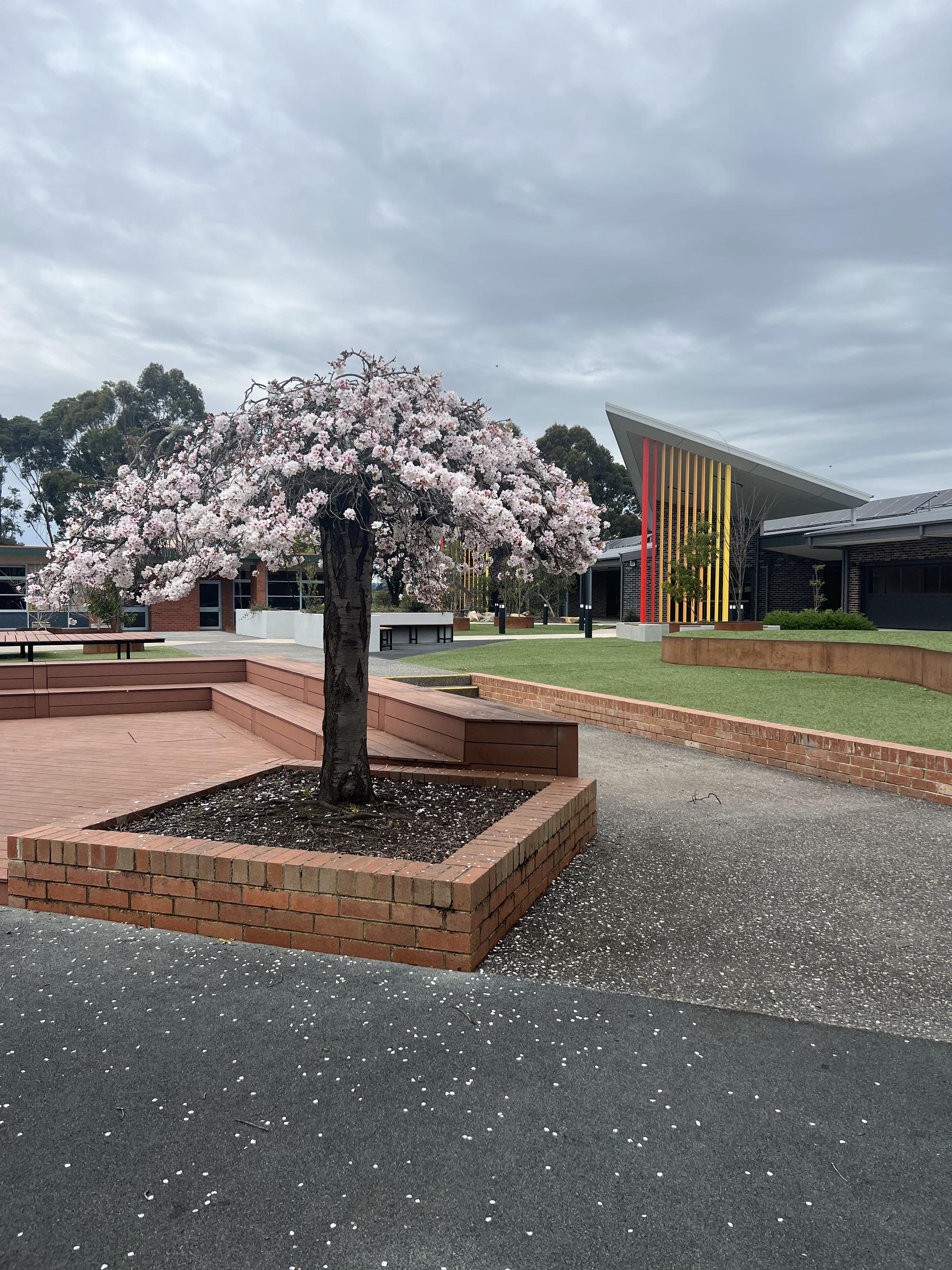Wellbeing
Mr. John Ryan - Deputy Principal

Wellbeing
Mr. John Ryan - Deputy Principal
“Be faithful in little things, all will be right with time and a little patience” MMK 1899
The Victorian curriculum sets the achievement standards for personal and social capabilities.
The Personal and Social Capability is essential in enabling students to understand themselves and others, and manage their relationships, lives, work, and learning more effectively. The capability involves students learning to recognise and regulate emotions, develop empathy for others and understand relationships, establish and build a framework for positive relationships, work effectively in teams and develop leadership skills, and handle challenging situations constructively.
By the end of Level 8, most students should be able to
By the end of Level 10 students should be able to:
By the end of Level 8, most students should be able to
By the end of Level 10 students should be able to:
By the end of Year 8, most students should be able to
By the end of Level 10 students should be able to:
Young people face challenges never experienced by other generation. Technological platforms are at their fingertips. For some adolescents, the opportunity to connect with others has never been easier. The purpose of explicitly teaching personal and social capabilities is to allow our students to make good choices. Their skill sets are ever-expanding.
It is important for parents to have conversations with their children about how they manage their social relationships. Are we really in touch with what young people are experiencing?
Positive online behavior tips for parents to discuss with their children
Learning how social media works, and engaging with it positively, is a great way to show your child what is and isn't okay to do online. Here are examples of positive online behaviour that you can model for your child.


The Resilience Project Starts Next Thursday
The Resilience Project is committed to teaching positive mental health strategies to prevent mental ill health and build young people’s capacity to deal with adversity.
Teachers and students will engage in fortnightly lessons and activities around the key principles of Gratitude, Empathy, and Mindfulness (GEM), and Emotional Literacy to build resilience.
Check out the website link below for more information
Also see TRP@HOME; a place filled with inspiration and activities for the whole family, to help and improve your wellbeing and build resilience.